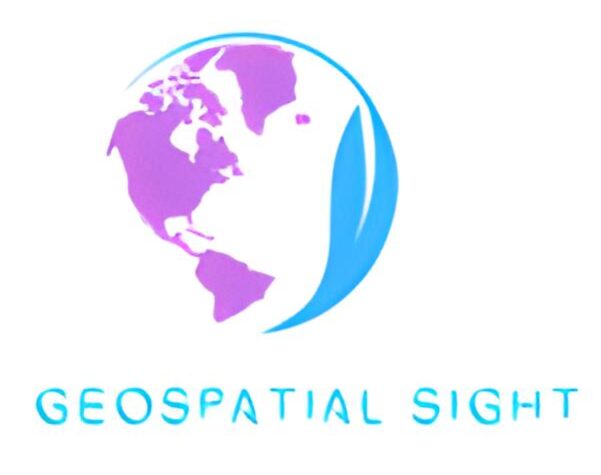Job Description:
Are you enthusiastic about Machine Learning and Intelligent Autonomous Aerial Robots? Are you interested in pushing the boundaries of autonomy in inspection for confined spaces using a combination of active perception and probabilistic learning? If so, this exciting position awaits you as a PhD student at DTU Electro, where you’ll be part of a prestigious EU consortium dedicated to solving the challenges of autonomous aerial robotic inspection.
Responsibilities and Qualifications:
At DTU Electro, we are actively involved in aerial robotic inspection of infrastructures, especially in visually degraded, confined, and GNSS-denied environments. Building on the success of the Inspectrone project, we are launching the AUTOASSESS project, aiming to develop a fully autonomous solution for inspecting dark and confined water ballast tanks on large vessels. Our consortium includes top-tier universities and frontrunner companies in aerial robotics.
Your research will go beyond conventional methods, focusing on semantic segmentation of ambiguous and non-deterministic classes and map-less maximal inspection of unknown areas. You will explore statistical metrics derived from your models and integrate them into an active system that maximizes exploration behavior.
Your responsibilities will include:
1. Conducting state-of-the-art research and developing innovative techniques in semantic segmentation and probabilistic learning algorithms for visual inspection using aerial drones in confined spaces.
2. Investigating and implementing probabilistic learning methods to enhance the reliability and robustness of inspection systems in challenging environments.
3. Utilizing the developed models to achieve reliable and reproducible metrics of faults and defects through active exploration with aerial robots.
4. Collaborating with a multidisciplinary team to integrate algorithms into a practical inspection framework.
5. Designing and executing experiments to evaluate algorithm performance and suggesting improvements based on the results.
6. Staying up-to-date with advancements in computer vision, machine learning, and aerial robotics to incorporate relevant techniques into the research project.
7. Publishing research findings in top-tier conferences and journals and contributing to writing research papers and grant proposals.
Additionally, you will be responsible for designing and building the perception for inspection capabilities of the next-generation aerial robotics platform of the DTU team. You will engage in research related to inspection, quantification, and active perception of the platform. You will also participate in the integration and field testing of the platform, collaborating with high-profile partners from the AUTOASSESS and other inspection projects.
As part of the DTU team, you will work under the supervision of Associate Professor Evangelos Boukas, PI of AUTOASSESS, and be part of the Automation and Control Group. You’ll join a dedicated group of researchers and PhD students working on various aspects of autonomous robotics and systems. Your PhD project will result in scientific publications and experimental validation of your results. Additionally, you’ll have the opportunity to present at international conferences and gain teaching assistant experience to hone your didactic skills.
Preferred Experience:
Experience with machine learning, reinforcement learning, photorealistic simulation, and active perception.
Experience with ROS (Robot Operating System) and real-life aerial robots.
Familiarity with open-source tools for deep learning, computer vision, and robotics is advantageous.
Approval and Enrolment:
The scholarship for the PhD degree is subject to academic approval, and the candidate will be enrolled in one of the general degree programs at DTU.
We Offer:
Joining DTU Electro means being part of a globally recognized technical university known for excellence in research, education, innovation, and scientific advice. You’ll have a rewarding and challenging job in an international environment, fostering academic excellence, collegial respect, academic freedom, and responsibility.
Salary and Appointment Terms:
The appointment will be based on the collective agreement with the Danish Confederation of Professional Associations, with the allowance agreed upon with the relevant union. The period of employment is 3 years, with a tentative starting date of 1 October 2023 (adjustable for candidates relocating from outside Denmark).
Application Process:
The application deadline is 21 August 2023 (23:59 Danish time). Applications must be submitted as one PDF file, including a cover letter, curriculum vitae, grade transcripts, and BSc/MSc diploma (in English). Candidates without a master’s degree can apply but cannot start before receiving it.
DTU is an inclusive employer, encouraging applications from candidates irrespective of age, gender, race, disability, religion, or ethnic background.
For more information about the role and application process, contact Associate Professor Evangelos Boukas at +45 52901729 or evanb@dtu.dk. Further details about DTU Electro can be found at http://electro.dtu.dk.
About DTU:
DTU develops technology for people, aligning with the UN’s 17 Sustainable Development Goals. Founded in 1829 by Hans Christian Ørsted, DTU has 13,500 students and 6,000 employees, working in an international atmosphere characterized by academic excellence, inclusivity, and an evolving and informal work environment. DTU collaborates with top universities worldwide and has campuses across Denmark and Greenland.
To apply, please fill out the online application form, attach all materials in English as one PDF file, and submit before the deadline. For candidates applying from abroad, there are resources available for practical matters of moving to Denmark and working as a PhD at DTU.
For further information: click here


